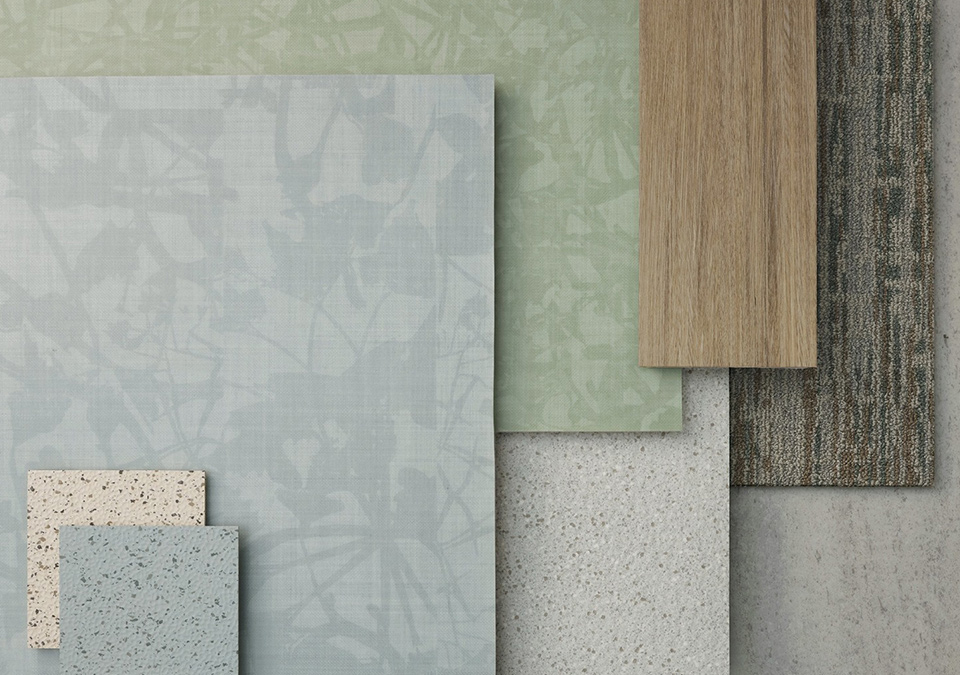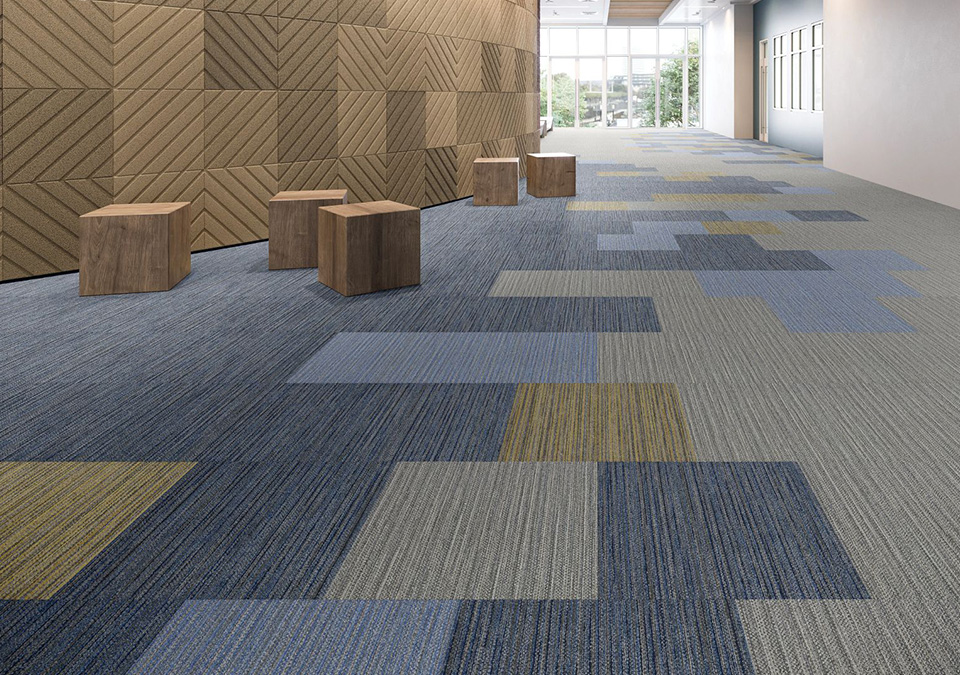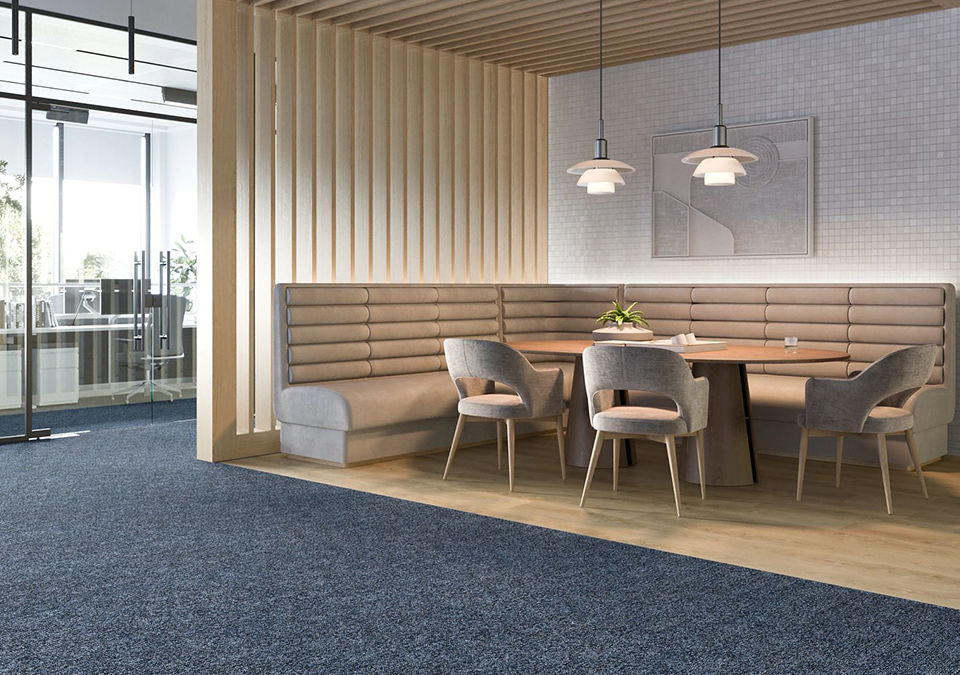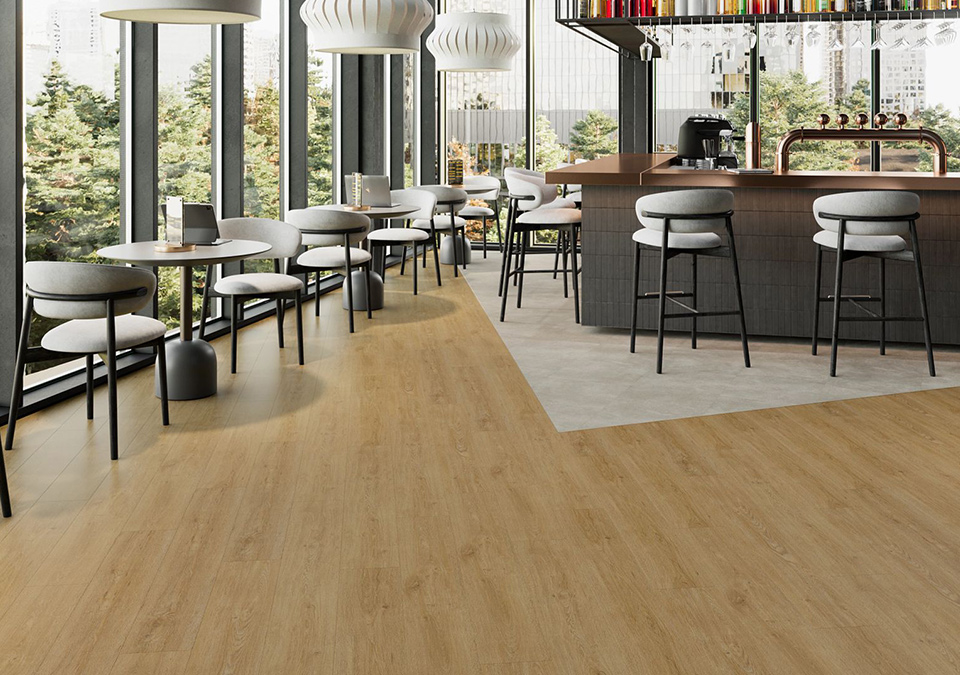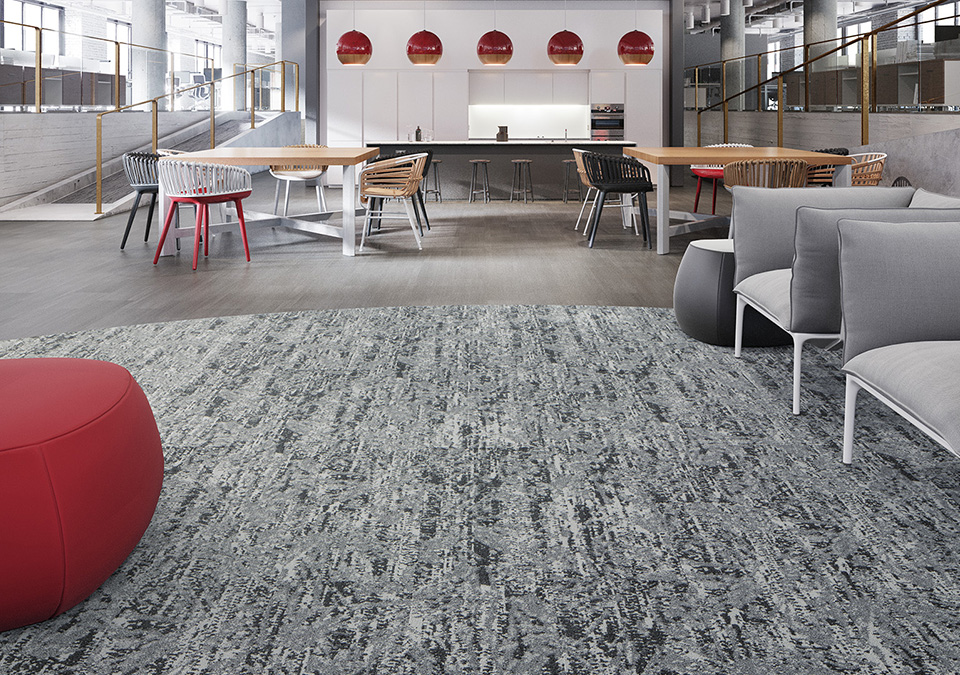
A Job Well Done From the Inside, Out – Does Your Architectural Firm Have the Right Commercial Flooring Partner?
May 4, 2021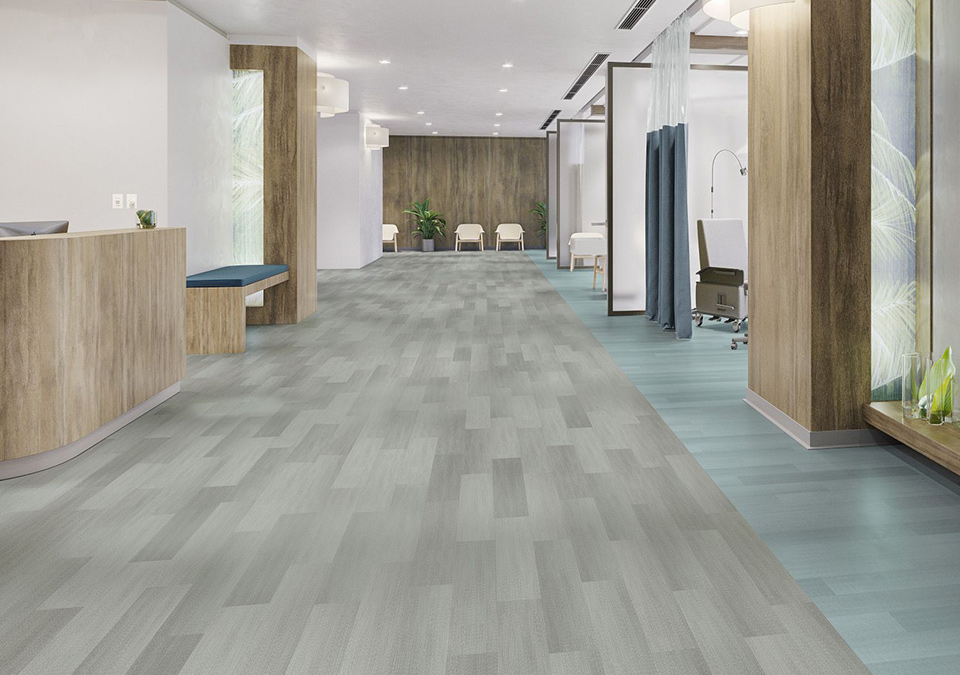
The Versatility of Tile: How to Use Tile in Your Next Commercial Flooring Project
July 20, 2021Choosing the right flooring can be challenging, especially in a commercial space. Sure, you can take the time to research each flooring option, but as we all know, time isn’t always on our side when it comes to construction. Commercial Flooring & Interior Concepts has got you covered, and we’re breaking down the only pro and con list you need to help you decide on the right flooring product.
Hardwood Floors
Pros: Hardwood flooring is a classic choice partly due to its lasting quality (when well cared for) as well as its timelessness. It brings effortless sophistication and warmth to your space, no matter the size.
Cons: Despite being renowned for its quality, hardwood flooring also has a bad reputation for being expensive, as both installation and refinishing can be pricey. Another issue consumers face when installing hardwood flooring in a commercial space is the humidity levels. Hardwood floors need to be in a facility with a 35% to 55% relative humidity ratio, or else they’ll twist, bow, and have a myriad of other problems. Unfortunately, not all commercial buildings can accomplish perfect humidity levels. Therefore hardwoods aren’t always the best choice.
Vinyl
Pros: The biggest draw for vinyl flooring is its durability. The material is scratch-resistant and low-maintenance, making it ideal for large commercial areas. Another advantage is its ability to be a close second to any authentic, more expensive flooring you aim for, like hardwood or marble. With advances in digital photography, vinyl flooring can be made to look so much like the real thing; customers will hardly know the difference.
Cons: It may seem like picture-perfect flooring, but vinyl does have some drawbacks. Preparing the floor for vinyl is an involved process that takes a set of expertise not everyone possesses. Finding a team with a master of this art like ours at Commercial Flooring & Interior Concepts is essential for achieving optimum results.
Laminate
Pros: Often considered hardwood’s low-maintenance and budget-friendly cousin, laminate flooring is a top choice for commercial spaces that want the look of hardwood or other authentic materials without the added stress. These products are lightweight, and their wear layer is tough, ensuring they won’t scuff as easily in high-traffic areas.
Cons: Unlike hardwood, you can’t refinish laminate. So, when it starts to wear, it needs to be replaced altogether. Another lesser-known con is that many laminates are sold as “click and go” products, meaning they float over padding. This floating installation can make them sound tinny or hollow when walked on, and sometimes a control joint may need to be installed depending on the size of the space. Heavy rolling loads like pallets of paper or office supplies can be a problem in this case.
Carpet
Pros: When it comes to designing commercial office spaces, carpet is a crowd favorite. It’s come a long way, too, from the shaggy cliches of the ’70s. With carpet tiles ranging from herringbone to checkerboard patterns, consumers can now choose from thousands of colors and woven designs to find the perfect product for their facility; the possibilities are endless.
Cons: Carpets require regular deep cleaning, and since they are often made from synthetic fibers, they might not last as long as you’d hope. When it comes to the lifetime of your carpet, you want to consider three factors: how tight the carpet construction is, the fiber choice, and the frequency of maintenance. These factors will all determine the life of your carpet and could be the difference between five years and fifteen.
If you’ve decided on carpet flooring and want a lasting product, our team can help. We know to consider these factors when choosing a product and carry carpets made with high-quality materials built to endure in commercial spaces.
Tile
Pros: Many different types of tile are used in commercial flooring, but the most common are ceramic and porcelain tile. Tile doesn’t absorb moisture or bacteria, making it ideal for mess-prone areas like bathrooms, breakrooms, and entrances.
Cons: While the tile itself resists bacteria and stains, the grout in between can become dirty quickly and needs sealing regularly to prevent dinginess. An epoxy grout that doesn’t stain can replace typical grout to combat this issue, but it isn’t cheap and will add to the project’s overall costs. Also, in terms of ceramic tile, it may be the longest-lasting product, but the installation process is complex and lengthy. So, the prices for labor end up making this an expensive choice.
No matter the flooring type you choose, enlisting the help of an expert is a must. At Commercial Flooring & Interior Concepts, we help you through all stages of your commercial flooring process. We bring our expertise and experience to every project from selection to installation, ensuring it’s done timely and correctly.
Do you want a more in-depth look at the products and services we offer? Check out our services page or contact us today!
*Photo courtesy of Mannington Commercial.

